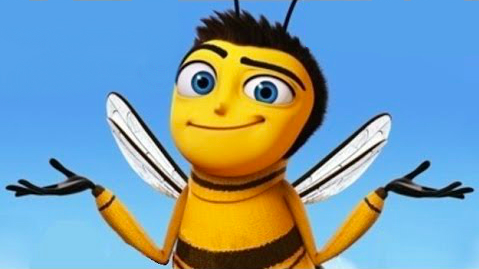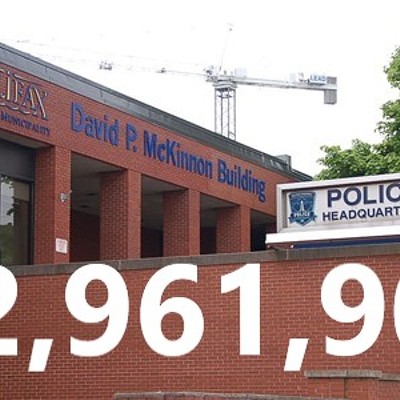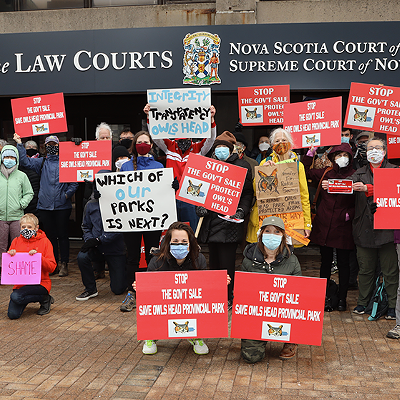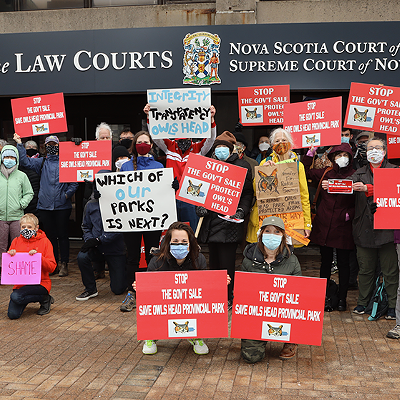
A staff report going before Regional Council next week recommends amending the municipality's animal control bylaws so that bees are exempt from the list of prohibited insects and allowed to roam freely as nature intended.
Council approved HRM’s bylaw A-700 (“Respecting Animals and Responsible Pet Ownership”) last fall, leading to howls of criticism from local pet owners who felt the city hadn’t engaged in thorough public consultation.
Most of those concerns were from dog owners worried about leash lengths, but it appears beekeepers were also stung by the new regulations.
Bees are outlawed by A-700 as a poisonous insect, but beekeeping is already permitted and regulated in Nova Scotia under the province’s Bee Industry Act. That problem cancels itself out, as a complying apiarist would fall under A-700’s exemption clause for owning federally or provincially regulated animals.
The bigger issue is that the current wording of A-700 says it’s an offence to let an animal off the owner’s property unless it’s caged inside an escape-proof container or tethered to a harness.
Bees, in flagrant violation of the bylaw, tend to leave their owner’s property all the god-damned time to forage for pollen or whatever.
“Even if the beekeeper is registered under the Bee Industry Act, the act of the bees leaving the owner’s property puts the owner in violation of the Bylaw,” reads the staff report, which recommends a new clause to allow for bee behaviour and beekeepers authorized under the BIA. (Nevermind the report studiously avoids the bigger issue of how the bees fly, anyway.)
That very-specific new clause also doesn’t mention any other animals that routinely fly away and return to an owner’s property, such as homing pigeons. The instinctual behaviour of those creatures is presumably still a bylaw infraction (HRM’s looking into it for us).
According to CBC, hobbyist beekeeping in Nova Scotia has risen by 73 percent over the last four years and “the province’s apiarist meetings have never been so bustling.”
The influx of young beekeepers are trying to help bee populations rebound from global colony collapse disorder.
Manager of license standards Andrea MacDonald notes in her staff report to council that the environmental implications of the new amendment could help those declining bee populations, in turn blossoming into higher crop yields and a stronger ecosystem.
On the other hand, it could also lead to this…














